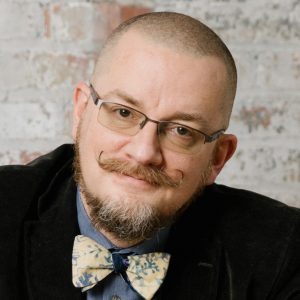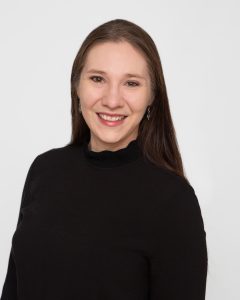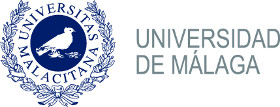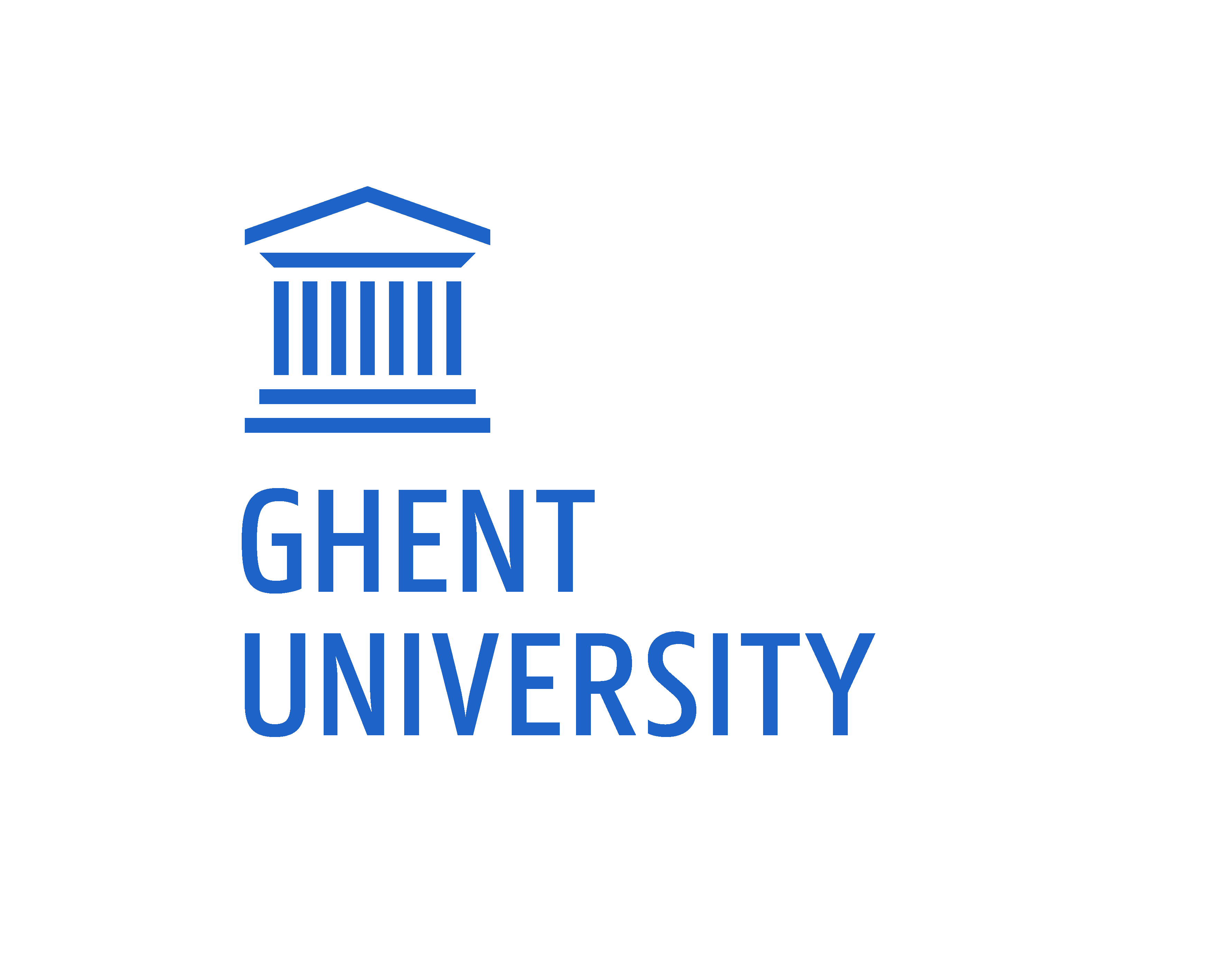
Annual Event 2021 – Invited Speakers
Dr Arle Lommel
(Senior Analyst, CSA Research)
12 July 2021 - 14:00-15:00 BST
Augmented Translation and the Future of Human Translators.
Abstract
The rise of ever-improving neural machine translation and the improvement of other translation technologies is dramatically changing the working environment of professional linguists. Increasingly, translators and interpreters are required to use machine translation and other technologies, but many linguists find themselves pushed to the end of the line in terms of their ability to effect meaningful change or control. By contrast, an emerging approach known as “Augmented Translation” is putting linguists back into the center. Augmented Translation is combination of machine translation, improved translation memory, next-generation terminology tools, automated content enrichment (ACE), lights-out project management, and other technologies. The goal is to automate tasks that do not require human intervention and to provide need information in a just-in-time fashion to make linguists more efficient, thus freeing them up to work on those parts of content that need their attention. Doing so increases their productivity and makes their work more valuable even as the per-word cost of translation decreases. Dr. Arle Lommel will discuss how these technologies are changing the language industry and how translators and interpreters need to prepare for their augmented future.
Bionote
Dr. Arle Lommel is a senior analyst with independent market research firm CSA Research. He is a recognized expert in quality processes and interoperability standards. Arle’s research focuses on technology, quality assessment, and interoperability. Born in Alaska, he holds a PhD from Indiana University. Prior to joining CSA Research he worked for the Localization Industry Standards Association (LISA), Globalization and Localization Association (GALA), and the German Research Center for Artificial Intelligence (DFKI) in its Berlin-based language technology lab. In addition to English he speaks fluent Hungarian and passable German, along with bits and pieces of other languages.
Prof. Maarit Koponen
(Professor of Translation Studies, University of Eastern Finland)
13 July 2021 - 08:00-09:00 BST
The changing landscape of language professions.
Abstract
In recent years, advances in language technology, particularly machine translation, have brought many changes in the language industry. Technology is increasingly a part of the everyday work of translators and other professionals, and their interaction with technology takes many forms from machine translation post-editing to communication and collaboration. Technology has raised many questions and even concerns for professionals, students and educators in this field. Will technology take work away from translators, interpreters and other language professionals or push down compensation for language work? At the same time, what benefits may technology bring for professionals? Can technology also give rise to new work opportunities? This talk aims to examine such questions and discuss the role of language professionals in the changing landscape. I will draw on my experiences as a researcher and teacher of translation studies and translation technology as well as insights gained through the working group “Language work, language professionals” of the EU COST Action “Language in the Human-Machine Era” (LITHME).
Bionote
Dr Maarit Koponen currently works as Professor of Translation Studies at the University of Eastern Finland. She has previously worked as a post-doctoral researcher at the University of Helsinki and as a lecturer at the University of Turku after receiving her PhD in Language Technology at the University of Helsinki in 2016. Her research focuses on the use of machine translation and other translation technologies, machine translation post-editing and quality evaluation. She has also worked as a professional translator for several years. As part of the EU COST Action “Language in the Human-Machine Era” launched in November 2020, she chairs Working Group 7 which focuses on the future of language work and language professionals.




